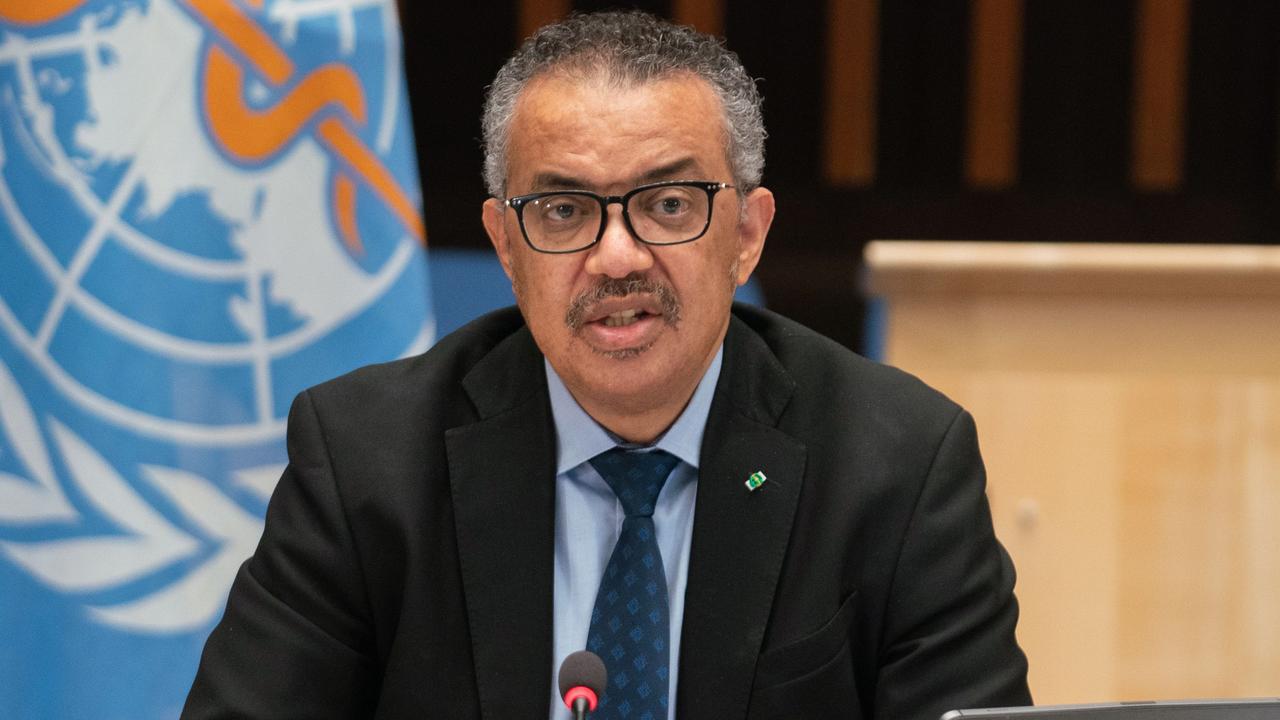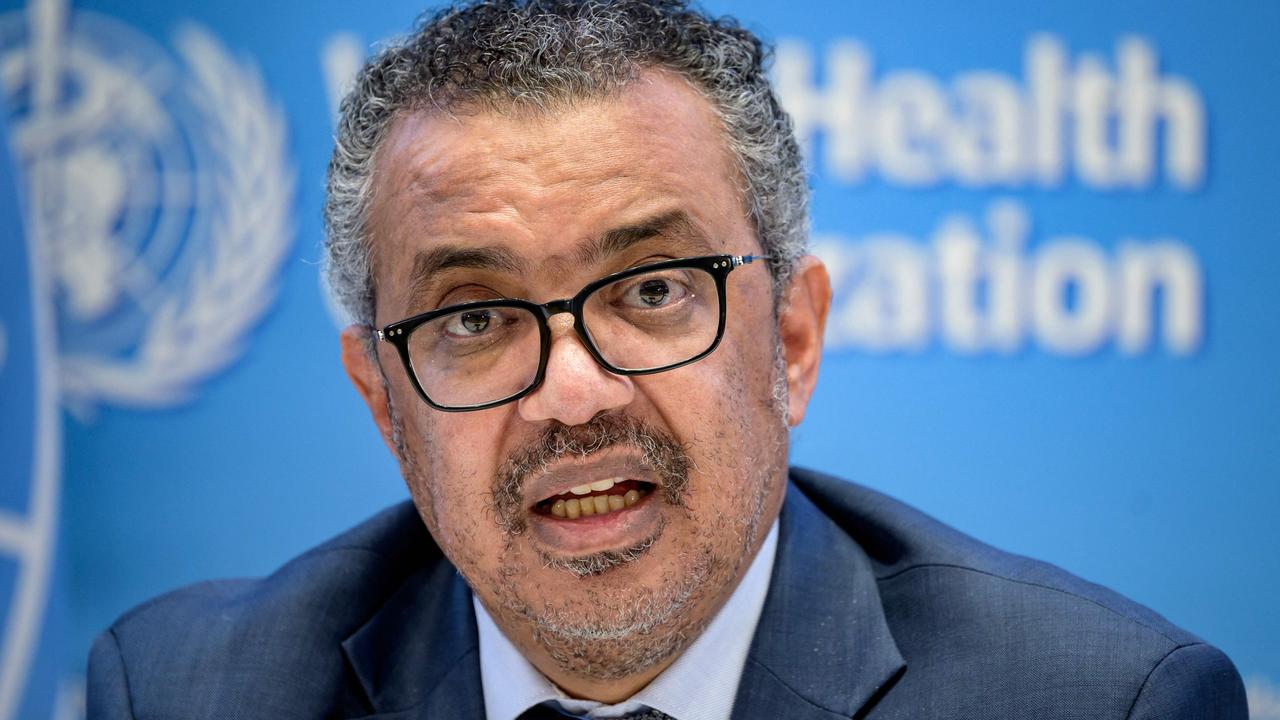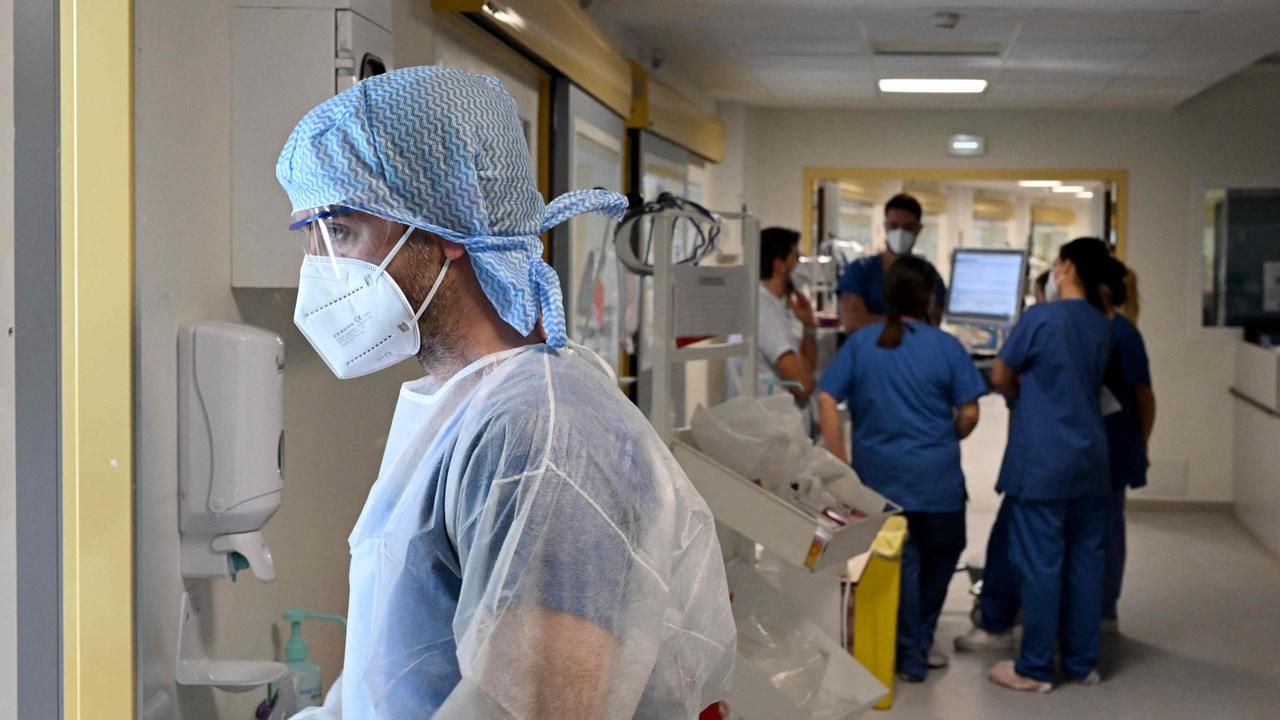WHO reveals six step plan to ‘end Covid as a global health emergency’
The head of the World Health Organisation has outlined six strategies that, if adopted worldwide, could help end the Covid-19 pandemic.

The head of the World Health Organisation (WHO) has revealed a six-step plan that could “end Covid-19 as a global health emergency” before the end of 2022.
While addressing an executive board meeting on Monday, WHO director-general Tedros Adhanom Ghebreyesus said there were some key strategies that could see the most serious phase of the pandemic ended.
“There are different scenarios for how the pandemic could play out and how the acute phase could end. But it’s dangerous to assume that Omicron will be the last variant or that we are in the endgame,” Dr Tedros said.
“On the contrary, globally, the conditions are ideal for more variants to emerge.”
He outlined six key targets that need to be met if we want to move past the worst of the pandemic.

One of the steps is having 70 per cent of the population of every country in the world fully vaccinated, with a focus on the most at-risk groups.
Dr Tedros said there would be “no path out” of the pandemic unless this target is achieved by the middle of the year.
Other important strategies in ending Covid as a global health emergency include reducing mortality rates, boosting testing and the use of public health measures.
“It means reducing mortality through strong clinical management, beginning with primary health care, and equitable access to diagnostics, oxygen and antivirals at the point of care,” Dr Tedros said.
“It means boosting testing and sequencing rates globally to track the virus closely and monitor the emergence of new variants.
“It means the ability to calibrate the use of public health and social measures when needed.”
Restoring and sustaining essential health services, along with learning critical lessons and coming up with new solutions as quickly as possible are other key factors.
Dr Tedros said these goals can only be achieved through “engaged and empowered communities, sustained financing, a focus on equity, and research and innovation”.
“We simply can’t end the emergency phase of the pandemic unless we bridge this gap,” he said.
“But we can bridge it, and we are making progress.”
Dr Tedros’ comments come more than two years since the pandemic began.
Since then, more than 357 million Covid-19 cases and 5.6 million deaths have been reported worldwide.

Countries have faced multiple lockdowns, hospital systems have been overwhelmed, borders have shut and millions of people have had to see their loved ones suffer.
Even when the acute phase of the pandemic is over, it is likely we will still be living with Covid for a long time to come.
However, Dr Tedros said this doesn’t mean we should stop trying to fight back against the virus.
“But learning to live with Covid cannot mean that we give this virus a free ride. It cannot mean that we accept almost 50,000 deaths a week from a preventable and treatable disease,” he said.






